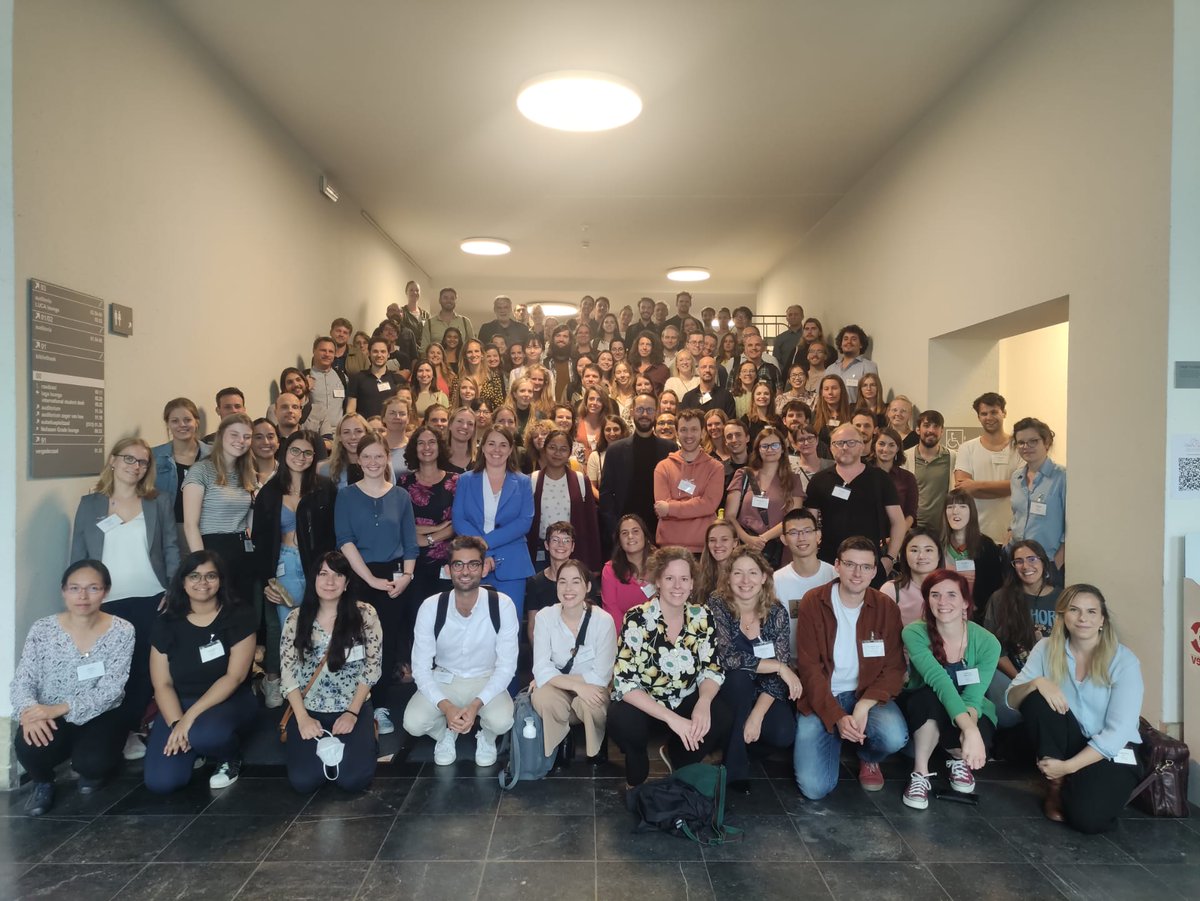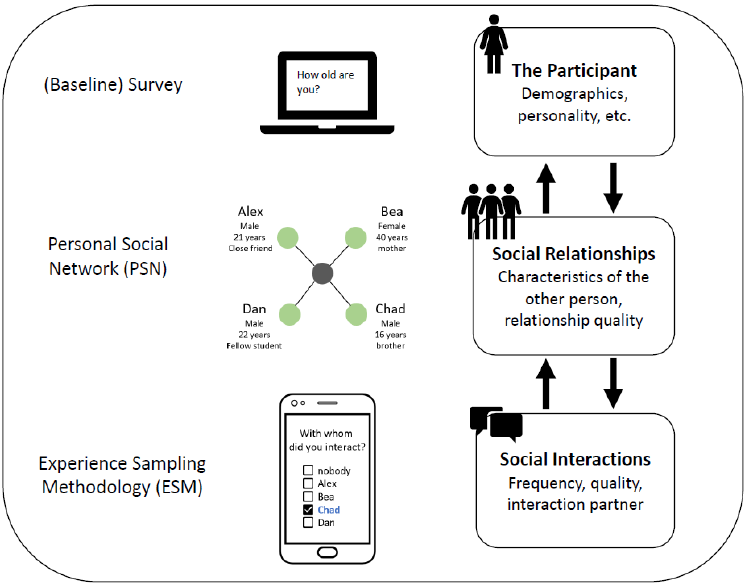
Timon Elmer
@timonelmer
🎓 Postdoc and SNSF Ambizione fellow @ University of Zürich
🔍 Doing research on (online and offline) social interactions and well-being
ID: 934041262608584704
24-11-2017 12:49:25
72 Tweet
410 Followers
731 Following


Paper!🥳 Back to Basics: The Importance of Conceptual Clarification in Psychological Science. Or a short overview on how conceptual unclarity is a problem for all aspects of research, from everyday concepts to statistics. w\ Timon Elmer Markus Ilkka Eronen 🧵 journals.sagepub.com/doi/full/10.11…


🎉Very happy to announce that I'm leading one of the Mental Health Data prize teams. Excited to work with a brilliant international group of colleagues LauraBringmann Timon Elmer Adam Dennett Steven Gray @CharleneSunkel Claudia Sartor Claudi Bockting (1/3) 👇


Timon Elmer & Gerine Lodder #OnlineFirst: Intimate, relational, and collective loneliness were not linked to differences in social interaction rate and duration, though relational loneliness predicted shorter social interaction encounters. doi.org/10.1177/026540…

fantastic news from University of Zurich 🎉now official: introduction of new permanent positions as of 2023 lecturers and senior lecturers with attractive profiles SAGW Petition Academia news.uzh.ch/de/articles/ne…

🥳Excited to kick off my SNSF Swiss National Science Foundation Ambizione fellowship at the Department of Psychology of the University of Zurich University of Zurich! I will be collaborating with @UrteScholz on developing smartphone-based social support interventions for people with elevated depressive symptoms!



Paper published 🥳 In our new paper we investigate methodological challenges while analyzing passive measures — choosing a time scale for summarizing and analyzing the data📱Despite its importance, the choice of temporal resolution is rarely justified. journals.sagepub.com/doi/10.1177/25…


New paper out! 🥳 Should we capture social interactions with signal-or event-contingent ESM? www-tandfonline-com.proxy-ub.rug.nl/doi/full/10.10… We compared the two sampling schemes considering 'with whom' social interactions take place by including unique interaction partners as a level in our models.





